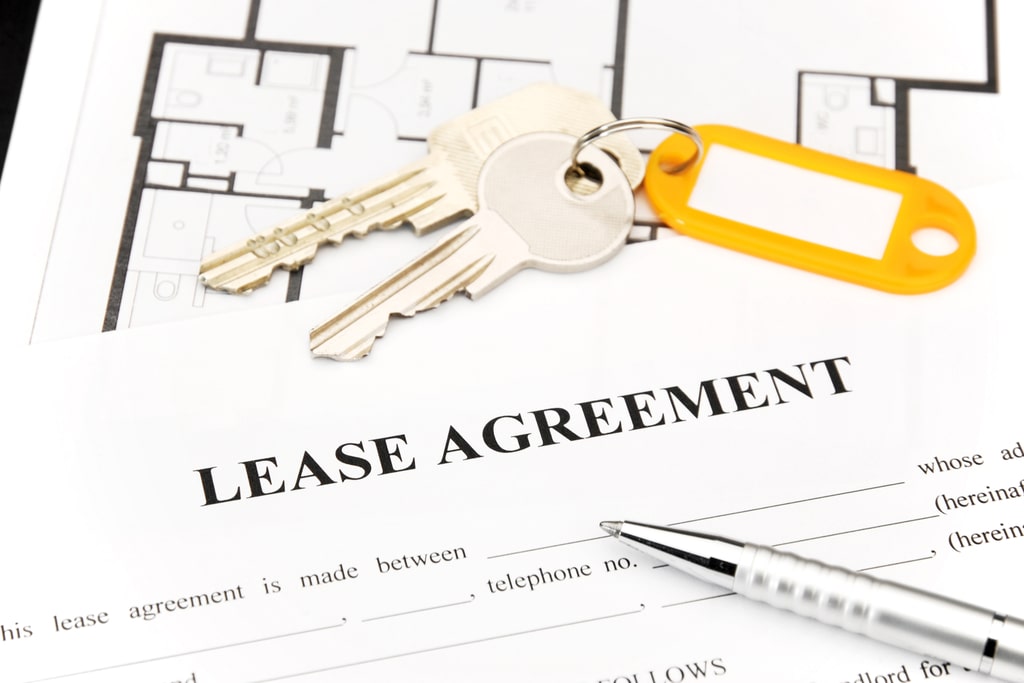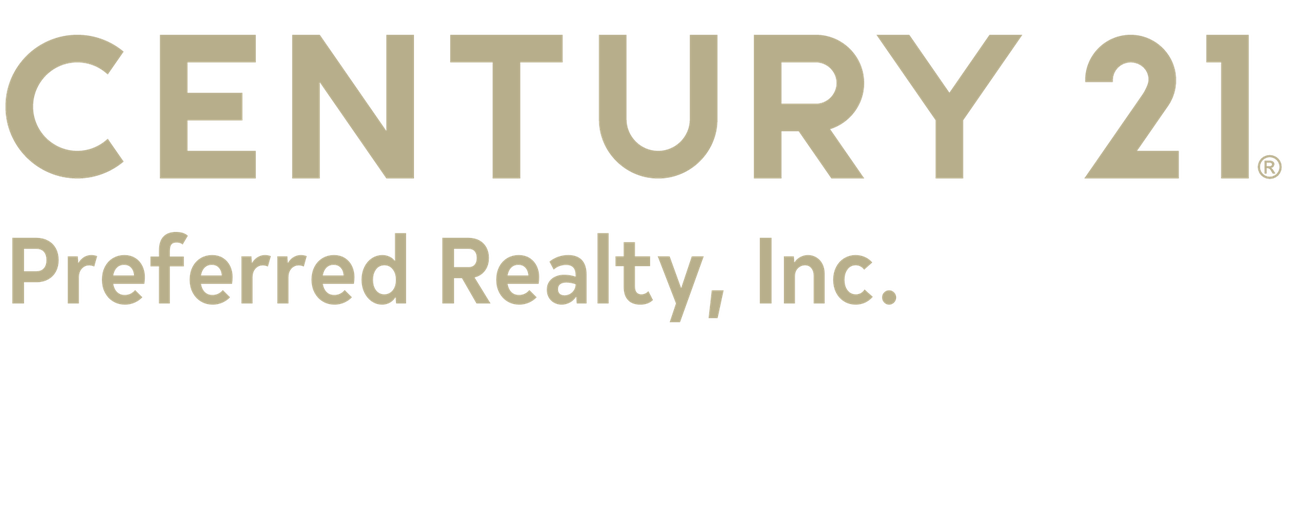- Read and Understand the Lease: Take the time to thoroughly read and understand the entire lease agreement before signing. Pay close attention to key terms such as the duration of the lease, rental amount, payment schedule, security deposit requirements, and any additional fees or charges.
- Clarify Responsibilities: Clearly define the responsibilities of both the landlord and the tenant within the lease agreement. This includes outlining maintenance duties, utility payments, property access, and procedures for resolving disputes or addressing concerns.
- Include Necessary Provisions: Ensure that the lease agreement includes necessary provisions to protect your property and interests. This may include clauses related to property inspection procedures, restrictions on subletting or unauthorized occupants, and consequences for lease violations.
- Set Clear Expectations: Clearly communicate your expectations to tenants regarding property care, maintenance standards, and rules for behavior. Setting clear guidelines from the outset can help prevent misunderstandings and conflicts during the lease term.
- Document Property Condition: Conduct a thorough move-in inspection and document the condition of the property with written descriptions and photographs. Provide tenants with a copy of the inspection report and require them to sign off on its accuracy. This documentation can help resolve disputes over security deposit deductions at the end of the lease.
- Handle Security Deposits Properly: Adhere to legal requirements regarding the collection, handling, and return of security deposits. Clearly outline the conditions under which deductions may be made from the deposit, such as damages beyond normal wear and tear, unpaid rent, or cleaning fees.
- Address Lease Renewal and Termination: Clearly outline the procedures for lease renewal and termination within the lease agreement. Specify any notice requirements for both parties and outline the consequences of early termination or failure to renew the lease.
- Consult Legal Professionals: Consider consulting with a legal professional or real estate attorney to review lease agreements and ensure compliance with local laws and regulations. Legal advice can help protect your interests and avoid potential legal pitfalls or disputes with tenants.



 Facebook
Facebook
 X
X
 Pinterest
Pinterest
 Copy Link
Copy Link

